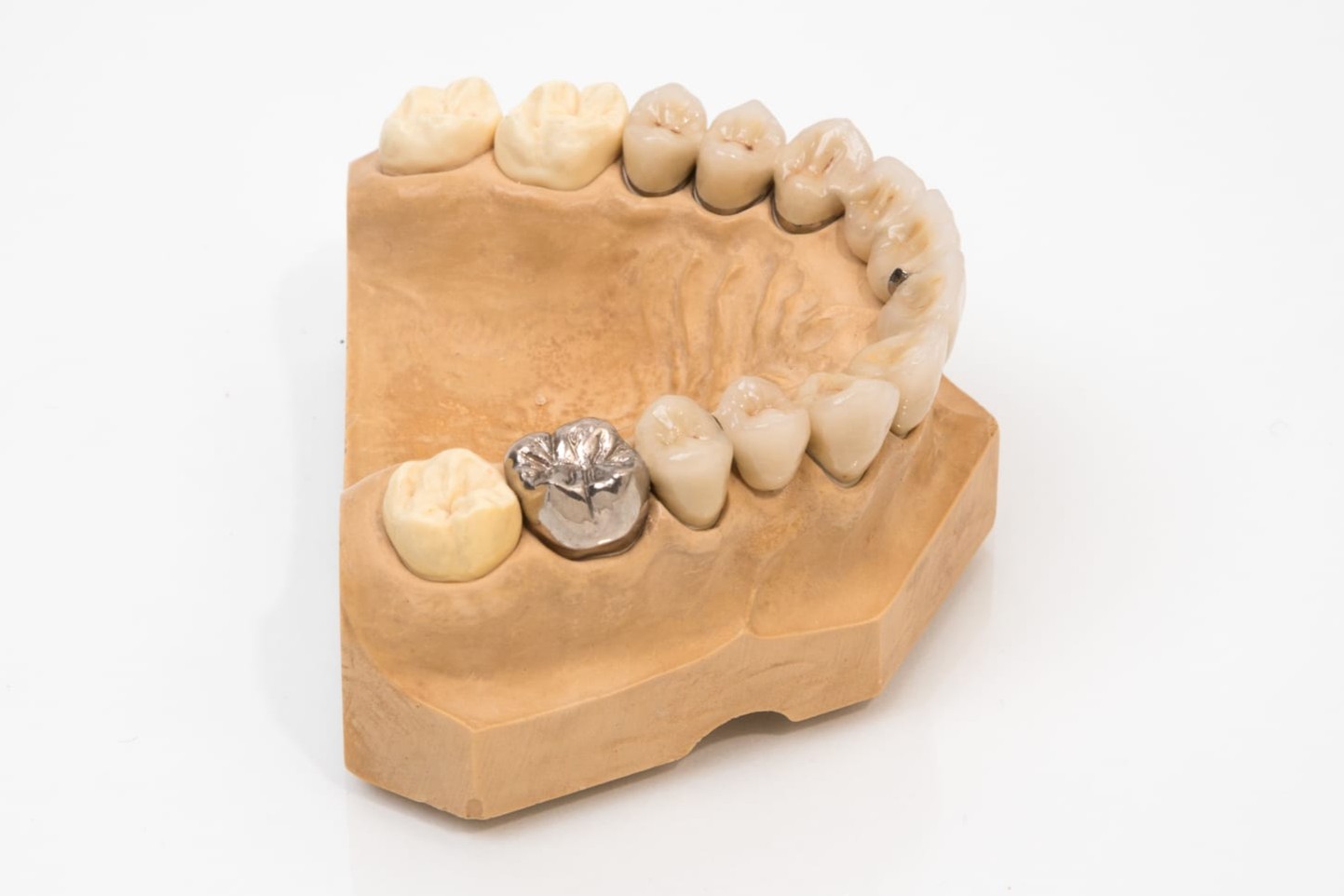Dentist Near Me In St. George, Utah: Common Questions Answered
Looking for a Dentist Near You in St. George? Start Here!When you search for a "local dentist near me," you aren't just looking for an address; you are looking for a team you can trust with your smile. Finding the right dental care in Southern Utah can feel overwhelming with so many options, but knowing…


